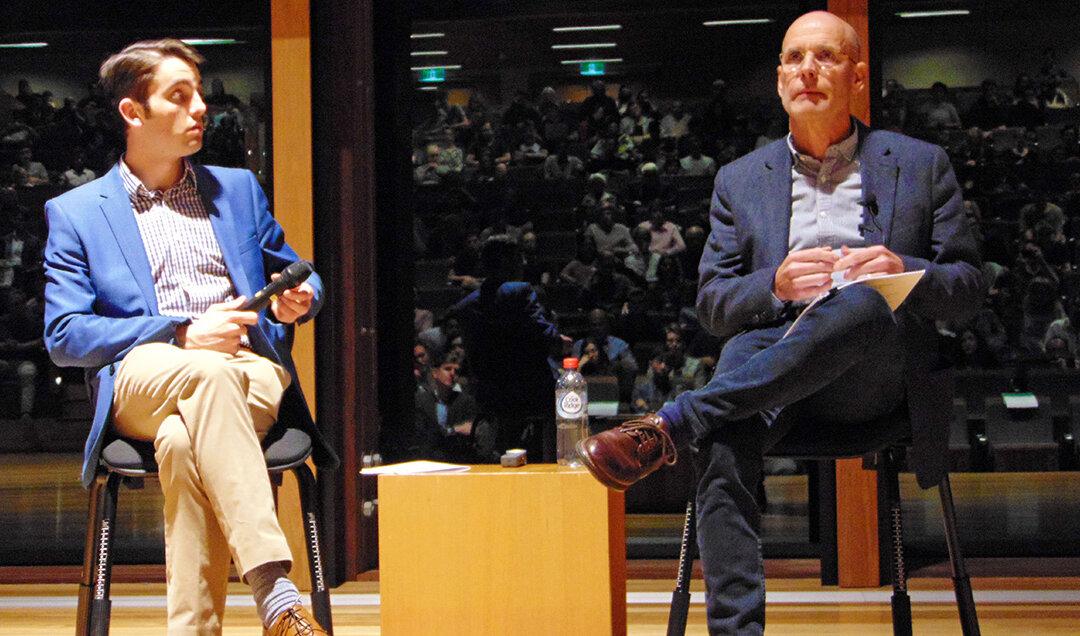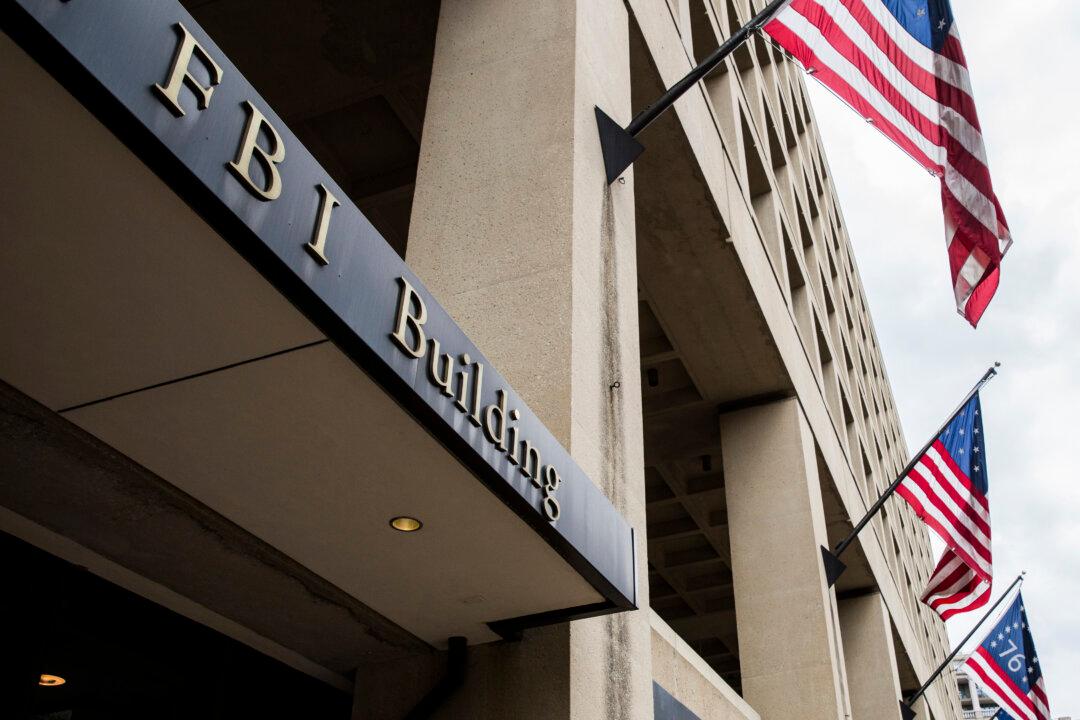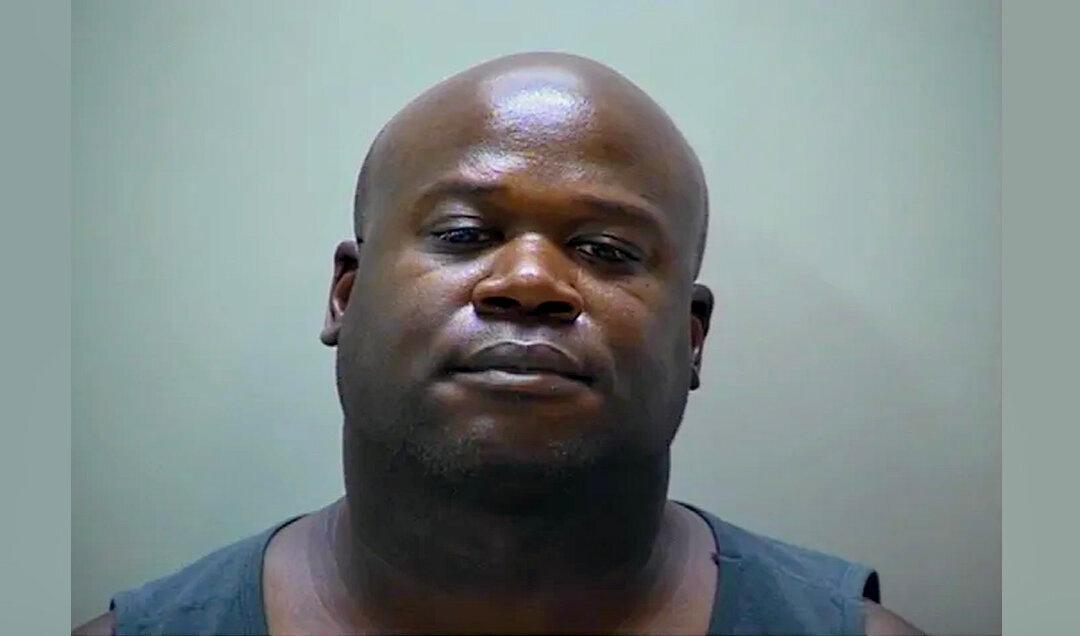The Australian government is setting up a task force to protect the freedom of expression at universities countrywide, amid concerns of foreign influence by the Chinese Communist Party (CCP).
The University Foreign Interference Task Force will bring together representatives from universities, national security organizations, and the Department of Education, federal Minister for Education Dan Tehan said in an address to the National Press Club in Canberra on Aug. 28.





